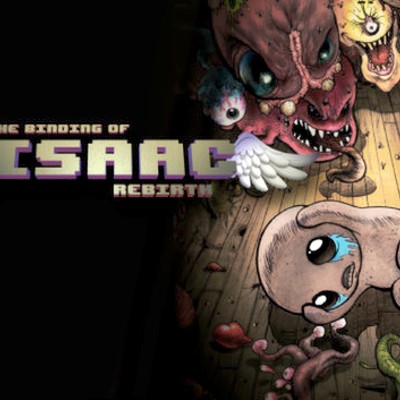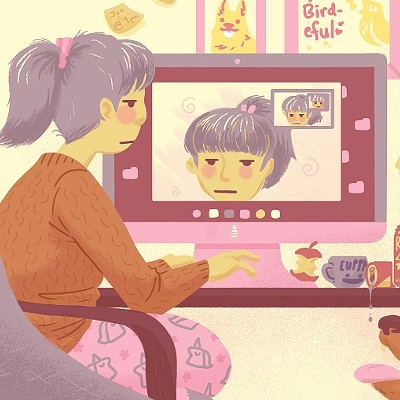Toxic was a word of the year in 2018 and was used to describe a lot of things, but one pairing is lighting some spectacular Dumpster fires on the internet these days: “toxic masculinity.”
The fire starts with somebody shouting, usually in all caps, that the term is an attack on men and masculinity. It is not. Toxic masculinity describes the terrain on the dark side of manhood, where few would willingly choose to go. It’s a vague catch-all for the social expectations and behaviors that send men to exile there while they continue to inflict their pain on the rest of us. (To see one of these fires, check out reactions to the Gillette razor company’s January ad campaign “We Believe” which challenged the old saying “boys will be boys.”)
https://www.youtube.com/watch?time_continue=1&v=koPmuEyP3a0
Define masculinity and you’ll encounter words like strength, rugged, tough, courage and vigor. Define femininity and you get gentle, empathetic, sensitive, caring, nurturing. Of course, both men and women are capable of embodying all of these attributes. Toxic masculinity is when rigid social expectations stop men from exhibiting any behavior that could be perceived as “feminine.”
Researchers have found few differences between the brains of men and women. Toxic masculinity stems from a pressure to conform to social norms. The Cure sang about the woes of toxic masculinity in its 1979 song “Boys Don’t Cry”:
I tried to laugh about it
Cover it all up with lies
I tried to laugh about it
Hiding the tears in my eyes
'Cause boys don't cry
Boys don't cry
As any parent knows, boys most certainly do cry. However, at some point they are told crying is unacceptable, not because self-control is an important and necessary thing to learn (for both sexes), but because “boys don’t cry.” It’s deemed “weak.” Toxic masculinity at its extreme says feelings are only for women, who are inferred to be lesser for showing them. Boys hear this in shaming gendered insults like “sissy” and “pussy.”
It becomes problematic for everyone when a large segment of the population feels like they can never ask for help or admit or show feelings (or express physical or emotional affection toward other men, another point on the toxic masculinity spectrum which fuels homophobia). As a result, many of these men are unable to form deep, meaningful connections with others. Some come to rely on their wives as their sole emotional support system, which has spawned the term “emotional gold-digger” among Gen-X and millennial women seeking to balance the scales of relationships.
Under pressure to conform, these boys and men swallow their feelings, but that doesn’t make them go away. Things get toxic when they erupt as rage, aggression and violence against self and others. Men are twice as likely to have heart attacks or strokes, and anger and hostility are major factors. As a Harvard Medical School article put it, “a hostile heart is a vulnerable heart.” Men are more likely to die of suicide than women. Others are vulnerable too. Boys and men commit nearly 90 percent of violent crimes in the United States. Of the 111 mass shootings in which three or more victims died since 1982, only four were committed by women, according to a database compiled by Mother Jones.
Most women are well versed in the burdens of sexism. In the era of #MeToo, toxic masculinity has become a way to talk about the pain sexist stereotypes inflict on boys, men and society as a whole. Men can be masculine. Things get toxic when men don’t think they’re allowed to be fully human.





















